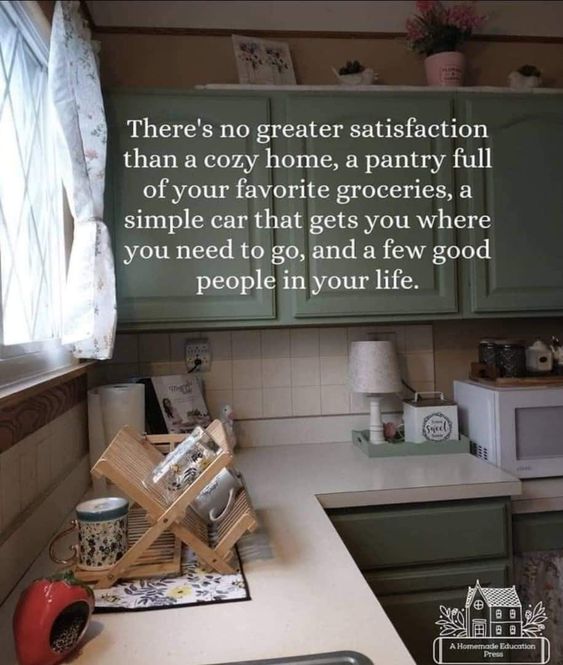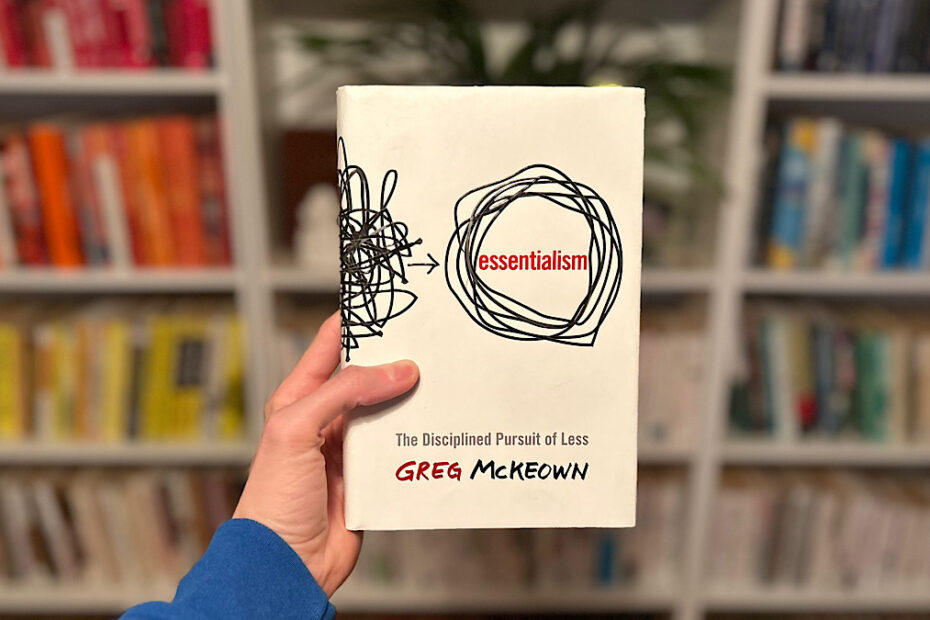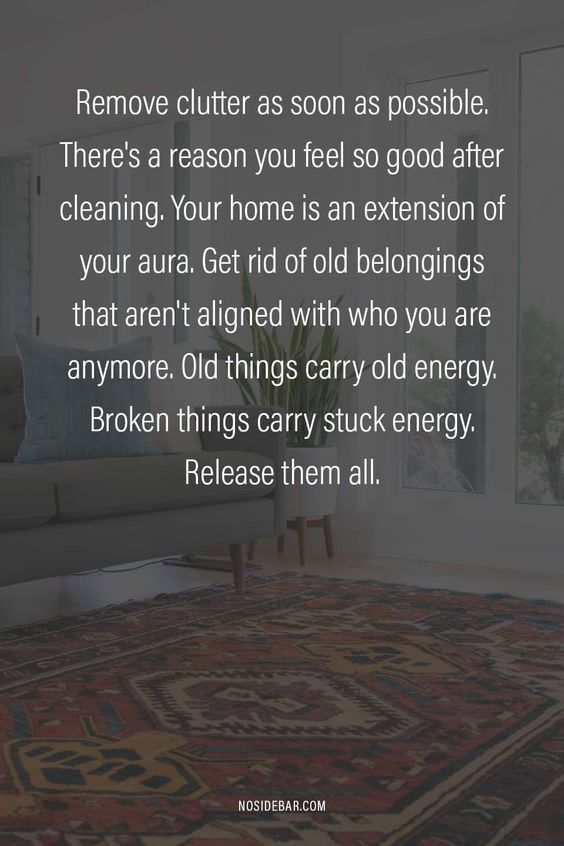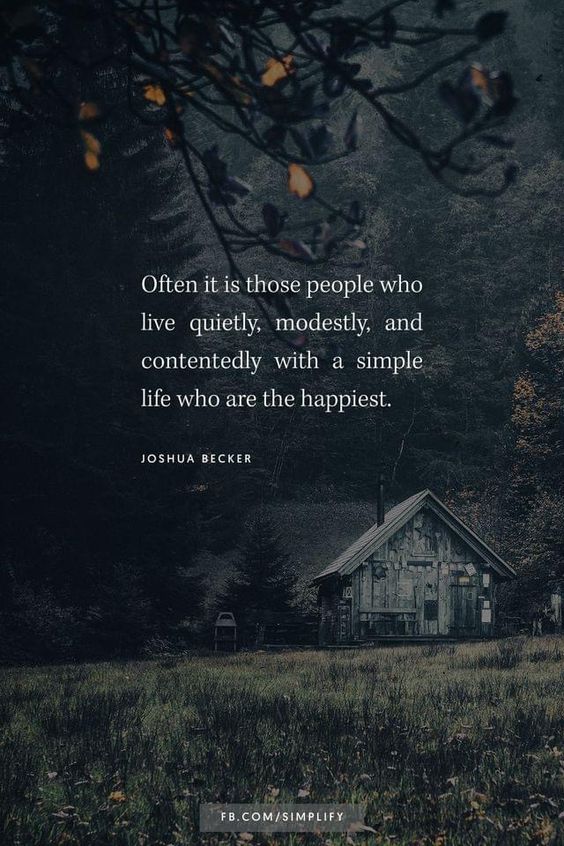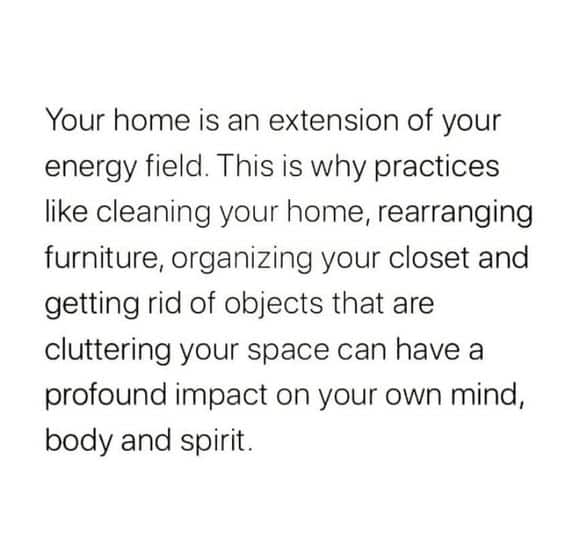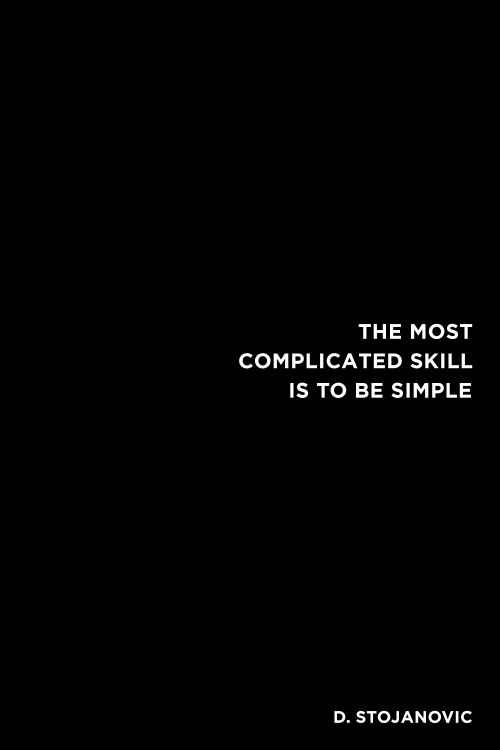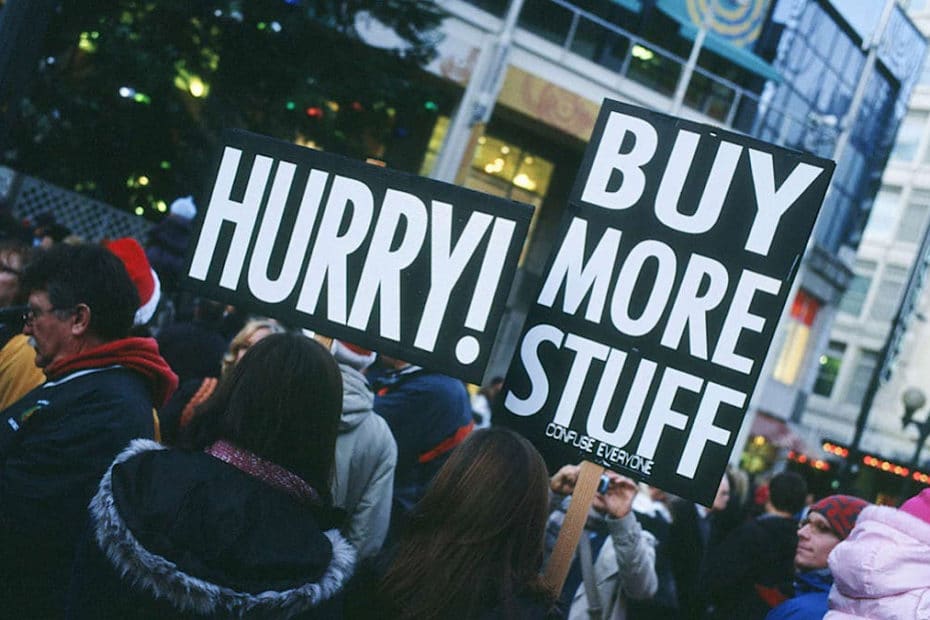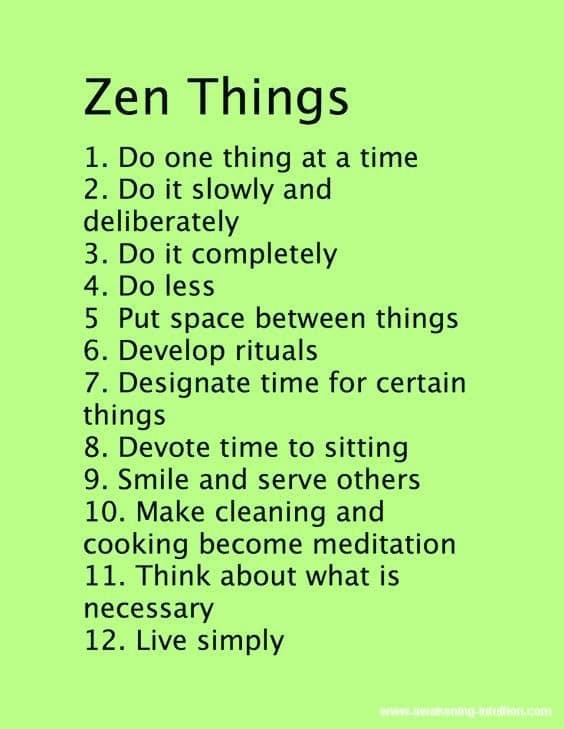“Despair comes because energy goes on leaking, and people have forgotten how to contain it. In a thousand and one thoughts, worries, desires, imagination, dreams, memories, energy is leaking. And energy is leaking in unnecessary things that can be easily avoided. When there is no need to talk, people go on talking. When there is no need to do anything, they cannot sit silently; they have to ‘do.’ People are obsessed with doing, as if doing is a sort of intoxicant; it keeps them drunk. they remain occupied so that they don’t have time to think about the real problems of life. They keep themselves busy so that they don’t bump into themselves. They are afraid—afraid of the abyss that is yawning within. This is how energy goes on leaking, and this is why you never have too much of it. One has to learn how to drop the unnecessary. And ninety percent of ordinary life is unnecessary; it can easily be dropped.”
Osho, Everyday Osho (Page 211)
23 Greg McKeown Quotes from Essentialism and How To Live Better Via Less
Excerpt: These quotes from Essentialism present a hard-to-argue-with case for a better life via less. Maybe “more” isn’t what we need more of after all…
Read More »23 Greg McKeown Quotes from Essentialism and How To Live Better Via Less
“The way of the Essentialist is the relentless pursuit of less but better.”
Greg McKeown, Essentialism (Page 5)
Essentialism [Book]
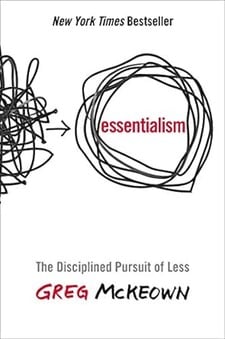
Book Overview: Essentialism is more than a time-management strategy or a productivity technique. It is a systematic discipline for discerning what is absolutely essential, then eliminating everything that is not, so we can make the highest possible contribution toward the things that really matter. By forcing us to apply more selective criteria for what is Essential, the disciplined pursuit of less empowers us to reclaim control of our own choices about where to spend our precious time and energy—instead of giving others the implicit permission to choose for us. Essentialism is not one more thing—it’s a whole new way of doing everything. It’s about doing less, but better, in every area of our lives. Essentialism is a movement whose time has come.
Post(s) Inspired by this Book:
23 Greg McKeown Quotes from Essentialism and How To Live Better Via Less
“Detachment is not that you own nothing, but that nothing should own you.”
Alī, cousin and son-in-law of the Prophet Muhammed, via Think Like A Monk (Page 165)
“Live content with small means; seek elegance rather than luxury, and refinement rather than fashion. Be worthy, not respectable, wealthy, not rich; study hard, think quietly, talk gently, act frankly; bear all cheerfully, do all bravely, await occasions, hurry never. In a word, let the spiritual, unbidden and unconscious, grow up through the common.”
Bruce Lee, Striking Thoughts (Page 78)
“Sometimes the most productive thing you can do is eliminate the task. Downsize. The rooms you don’t have, don’t need to be cleaned. Donate. The items you don’t own, don’t need to be organized. Delete. The projects you don’t take on, don’t need to be finished. Is this a problem that needs to be solved? Or is it a problem that can be eliminated all together?”
James Clear, Blog
“’Where is the good knife?’ If you’re looking for your good X, you have bad Xs. Throw those out.”
Ideopunk, LessWrong
“No person has the power to have everything they want, but it is in their power not to want what they don’t have, and to cheerfully put to good use what they do have.”
Seneca, via The Daily Stoic (Page 258)
50 Materialism Quotes to WAKE YOU UP From The Nightmare of More
Excerpt: Consumer culture is so good at making us want more. Read our 50 materialism quotes to WAKE UP from that nightmare and learn to live better.
Read More »50 Materialism Quotes to WAKE YOU UP From The Nightmare of More
“The less expensive stuff you have, the less there is to worry about.”
Ryan Holiday, Medium
“Monks and priests take vows of poverty because it will mean fewer distractions, and more room (literally) for the spiritual pursuit to which they have committed. No one is saying we have to go that far, but the more we own, the more we oversee, the less room we have to move and, ironically, the less still we become. Start by walking around your house and filling up trash bags and boxes with everything you don’t use. Think of it as clearing more room for your mind and your body. Give yourself space. Give your mind a rest. Want to have less to be mad about? Less to covet or be triggered by? Give more away.”
Ryan Holiday, Stillness is the Key (Page 210)
